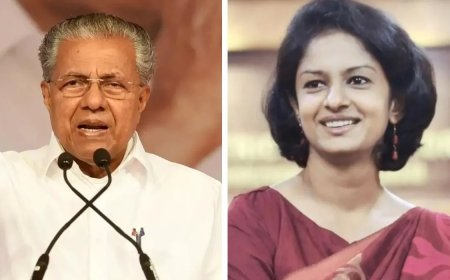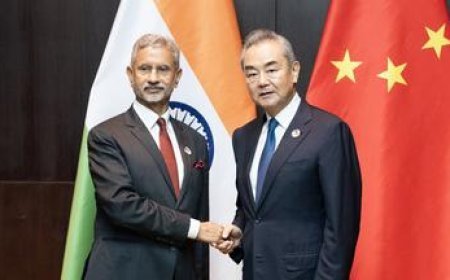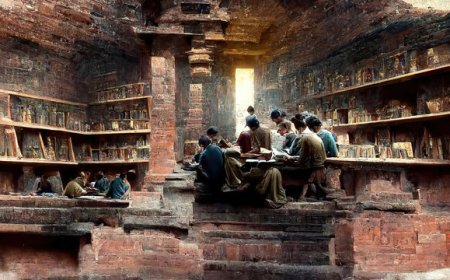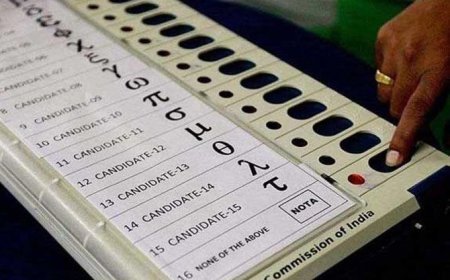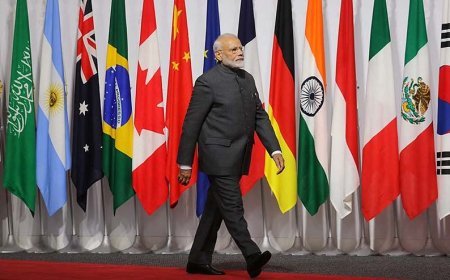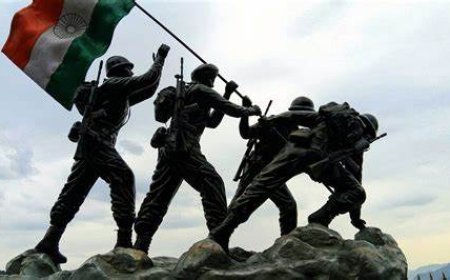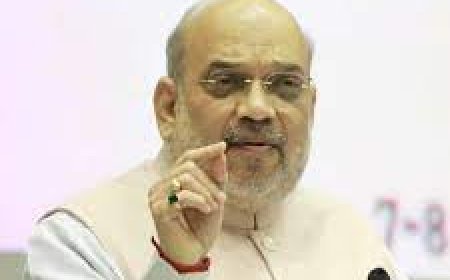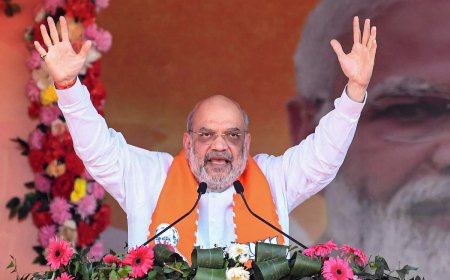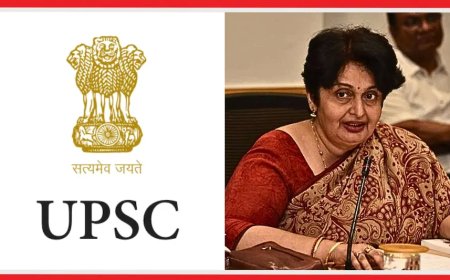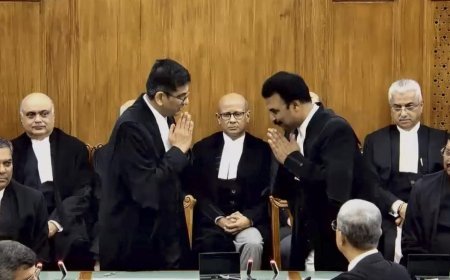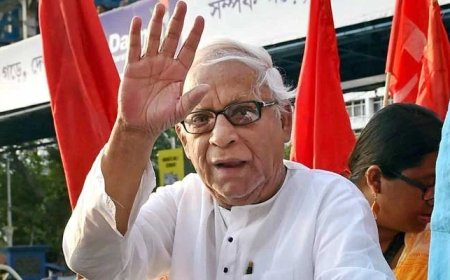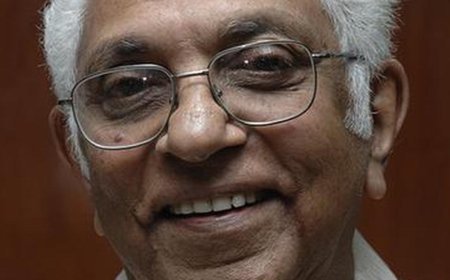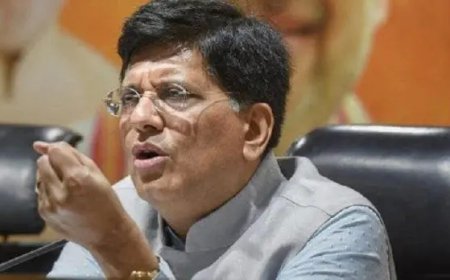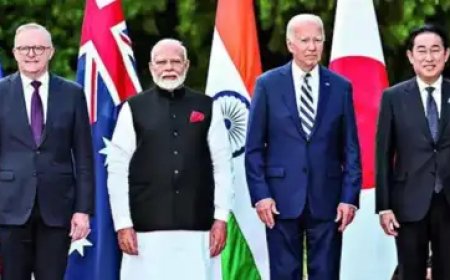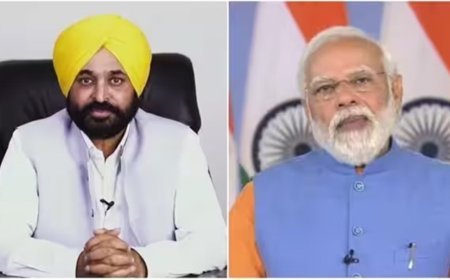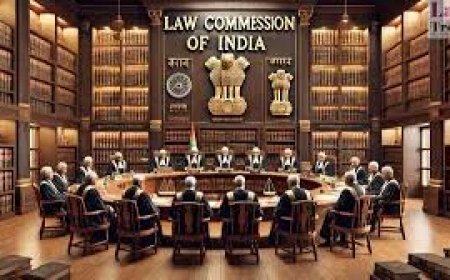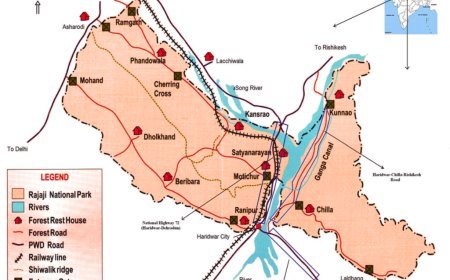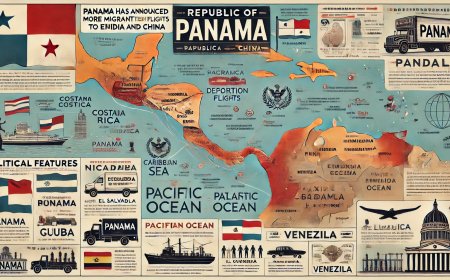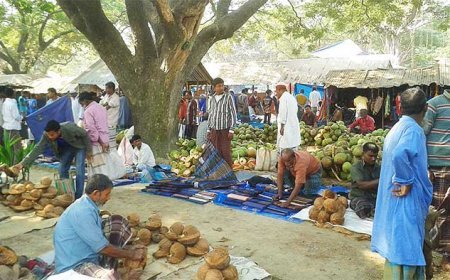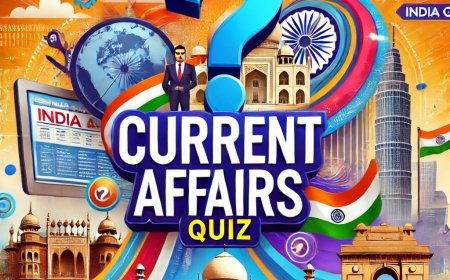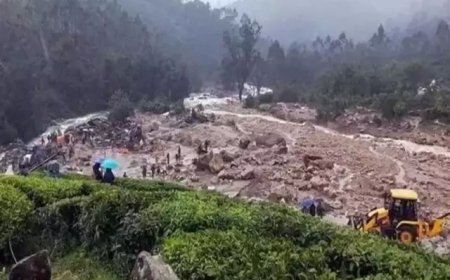Analysis of The Hindu editorial dated 23 July 2024:"The Importance of Both Quad and BRICS"
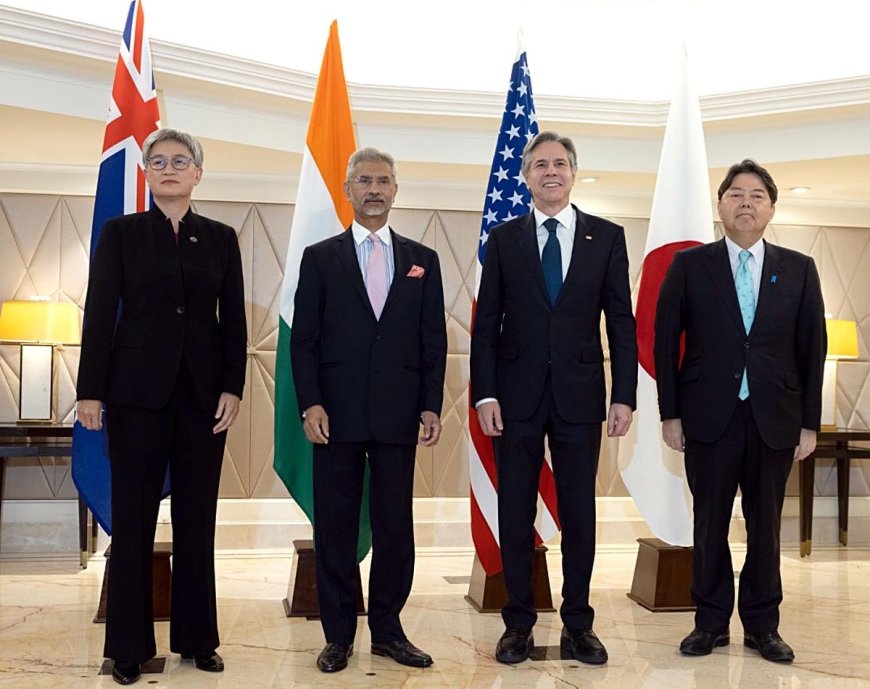
Analysis of The Hindu editorial dated 23 July 2024:"The Importance of Both Quad and BRICS"
The editorial titled "The Importance of Both Quad and BRICS," published by The Hindu, explores the nuanced and strategic positioning of India within two significant international groupings: the Quadrilateral Security Dialogue (Quad) and the BRICS. Authored by T.S. Tirumurti, the article underscores the intricate balance India must maintain to optimize its geopolitical and economic interests without compromising its unique position in either alliance.
Strategic Importance of Quad and BRICS
India's dual membership in both the Quad and BRICS presents a complex yet advantageous strategic landscape. The Quad, comprising the United States, India, Japan, and Australia, primarily focuses on security dynamics, particularly in the Indo-Pacific region, as a counterbalance to China's growing influence. On the other hand, BRICS, which includes Brazil, Russia, India, China, and South Africa, is oriented towards economic cooperation and reforming multilateral systems to reflect the interests of emerging economies.
India's Balancing Act
India's participation in both groupings is driven by its broader vision of maintaining strategic autonomy and enhancing its global standing. The article highlights several critical points:
1. Quad's Geopolitical Significance:
o The Quad has evolved beyond its initial security focus to encompass broader objectives, including the reorientation of global supply chains, and cooperation in technology, health, and power sectors. This expansion aligns with India's interests in reshaping the Indo-Pacific's economic and security architecture.
2. BRICS' Economic Potential:
o BRICS offers India a platform to collaborate on financial and developmental initiatives such as the New Development Bank and the Contingent Reserve Arrangement. However, the group's dynamics, particularly China's influence, present challenges that India must navigate carefully.
3. Navigating Contrasting Objectives:
o The editorial points out the contrasting dilemmas India faces. While India embraces the strategic objectives of the Quad, it also needs to address the potential of BRICS without being overshadowed by China's dominance. This requires a delicate balance, ensuring that India does not downplay one grouping in favor of the other.
Diplomatic Nuances
The article delves into India's diplomatic maneuvers, illustrating how India's independent policy of maintaining close relations with Russia and advocating for a diplomatic resolution to the Ukraine conflict does not hinder its commitment to the Quad. India's stance is contrasted with some Quad members and European countries, which are also enhancing bilateral ties with China despite broader strategic competitions.
Furthermore, the editorial discusses India's reluctance towards the expansion of BRICS, a stance influenced by China's attempts to leverage the grouping for its geopolitical ambitions. This cautious approach is necessary to ensure BRICS remains a platform for equitable cooperation rather than a tool for a single nation's strategic gains.
Strategic Autonomy and Future Directions
The article concludes by emphasizing the need for India to remain actively engaged in both the Quad and BRICS. India's unique position as a common member of both groupings provides it with a significant leverage point. However, to maintain this advantage, India must pursue a nuanced strategy that balances its commitments and maximizes its influence without alienating key partners.
Conclusion
The editorial "The Importance of Both Quad and BRICS" presents a comprehensive analysis of India's strategic imperatives and diplomatic strategies. By highlighting the complexities and opportunities inherent in India's participation in these two groupings, the article underscores the critical importance of a balanced, multi-faceted approach to international relations. India's ability to navigate these dynamics will be crucial in shaping its future role on the global stage.
What's Your Reaction?











